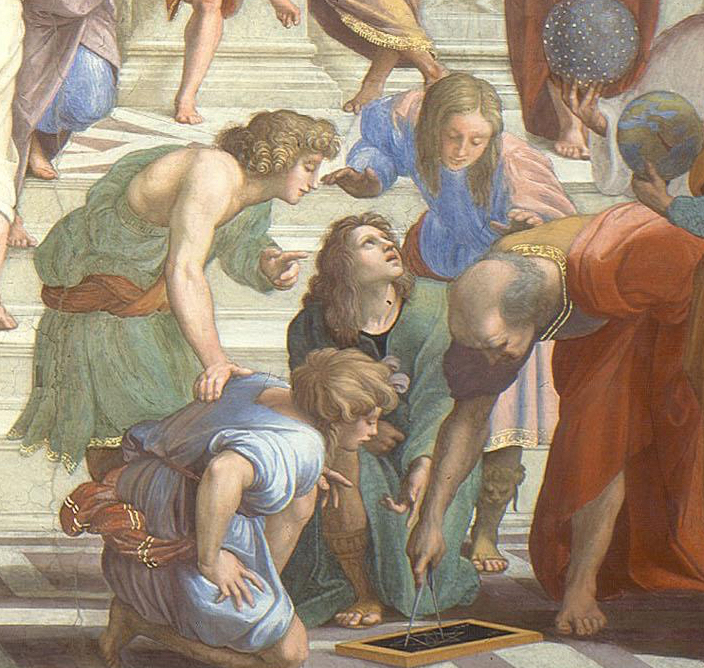Gretchen Rubin’s The Happiness Project (2009) was a #1 New York Times best-seller. She followed her success with Happier at Home (2012), a companion volume that takes its title from Samuel Johnson’s Rambler #68 :
To be happy at home is the ultimate result of all ambition, the end to which every enterprise and labour trends.
In the “January/Time” chapter, Rubin recounts this incident when she meets with a friend:
----------------
During this low time, at lunch with a bookish British friend, we started talking about what we read to cheer ourselves up. (I was looking for suggestions for some further biblio therapy.)
“I always reach for Samuel Johnson,” he said.
“Really? Me too! Well, either Johnson or children’s literature,” I answered, delighted to discover a fellow devotee of Dr. Johnson. “I didn’t know you love Johnson.”
“Oh, yes. I’ve read all his works, many times. Also biographies, and biographies of [James] Boswell, too.”
“I love Johnson. I can’t get enough. And he’s one of my most important models as a writer.”
“You’re writing a dictionary?”
“Hardly! But his Rambler essays are the eighteenth-century equivalent of posting to a blog — Johnson wrote them twice a week, finished them fast, on whatever topic he wanted. And I write about the same kinds of things.”
“But Johnson wrote about such weighty subjects.”
“He wrote about human nature, and that’s what interests me,” I said. “And the practice of everyday life. Really, I’m a moral essayist, though I’d never admit that in public. It sounds so boring and preachy.”
“It does sound a bit old-fashioned,” he said, laughing. Then we started trading our favorite Johnson lines.
“I want to run home right now and reread Boswell’s Life of Johnson,” I declared as we stood up to leave.
“Me too. But back to the office.”
He went to the office, but I did go home and immediately start to reread The Life of Samuel Johnson — which really did make me feel better. It was comforting to recall that great souls such as Samuel Johnson, Benjamin Franklin, Leo Tolstoy, and Saint Thérèse made and remade the same resolutions throughout their lives. As Johnson admitted to Boswell, “Sir, are you so grossly ignorant of human nature as not to know that a man may be very sincere in good principles, without having good practice?” My principles were sound; my practice would improve with practice. (Happier at Home, pages 160-162)
——-
In the bibliography to Happier at Home, Rubin lists “THE BOOKS THAT MOST INFLUENCED MY OWN HAPPINESS PROJECT.” The last entry reads:

